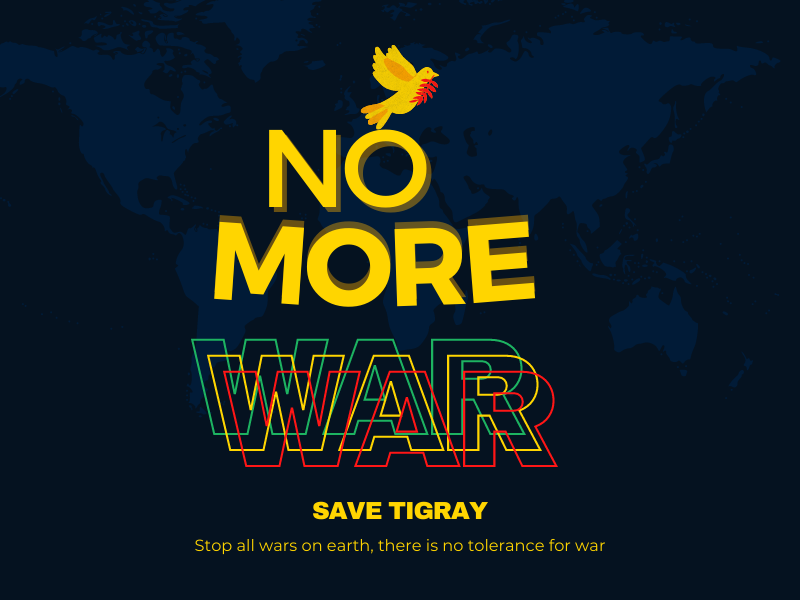By Teodros Kiros (Ph.D.)
In 2015 I wrote, only seven years ago,
I am proud of Ethiopia’s place in the history of the human species. I am reminded of ancient Egypt’s 4500 years presence and Ethiopia’s role in Egyptian dynasties and the magnificence of Nubia in the annals of world history.
I love being an Ethiopian, and I am honored to have been born to Ethiopian lands; I am humbled by our sublime mountains designed to nurture spirituality, manifest in the birth of the great thinkers who grew up there; my soul is pervaded by the depth of thought that the ravines and valleys inspire in me; my eyes are drunk with the beauty of the lush and green of the south, which greet me, when I land from Ethiopian Airlines to visit my homeland; my heart vibrates when it listens to the roaring sound of the saxophone and the sharpness and power of the trumpet in classical Ethiopian music, how many times have I shed tears of passion as Tizita, pierced my sensitive heart in the darkness of a lonely night; how often have I fallen in love with those round and bright Ethiopian eyes, resting on the ravishing bodies of our women; how tirelessly do I admire our dance and the cuisines that accompany them; how desperately have I wished that I could master all our ethnic dances and consume their cleansing fragrance, when one is possessed by them.
No more. This war has taught me a lesson.
I now know what Ethiopianity means. I cannot, write these words again, even if I want to do so. My hand will shake and my heart might even stop. My trauma is deep. The sorrow has pierced my bones. I will have to be reborn to write this way. Now I am ashamed to have been an Ethiopian. I hate having been an Ethiopian. I am reminded of the raped Tigrean women, the bombed babies, the burned churches, those who were burned alive. My eyes are now drunk with those hateful gazes. My heart faints when it remembers the faces of those who were proudly taking pictures of themselves while committing genocidal acts.
I cannot bring myself to love Ethiopians anymore when I sense their hate. Of course I have forgiven but cannot forget.
This is not the time to negotiate but to struggle and negotiate about what matters as I argued in Negotiation and Struggle. It is in fact a time to weep as I demanded from the negotiators in The Inauthenticity and superficiality of the Joint agreement.
How does one expect the Tigrean people to negotiate when their annihilation continues as I write these words. I do not want to think about disarmament, without a guarantee that the tragedy will not play again. How can I trust those who were determined to annihilate me. I must remain armed to defend myself if I am attacked again.
This is the time to concentrate on silencing the guns and calming the victims of genocide.
